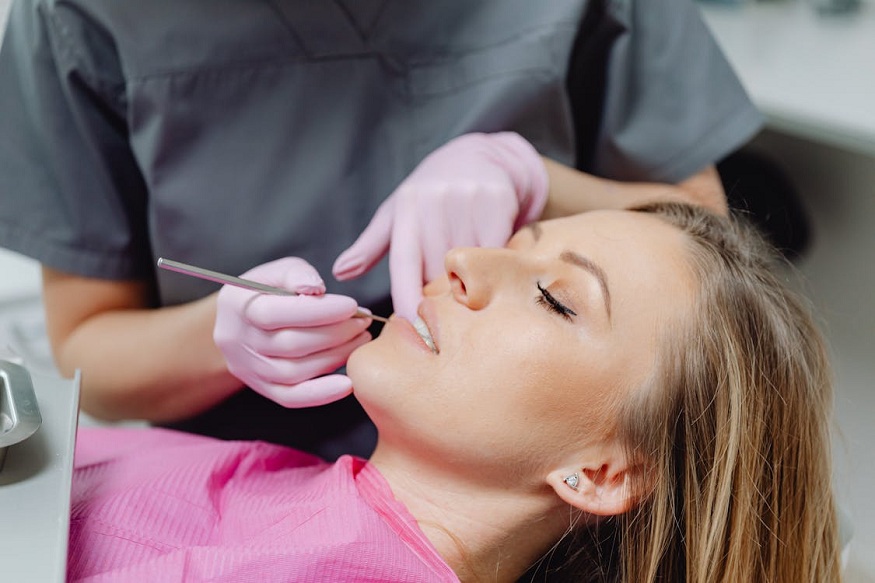As a parent, it’s essential to be aware of the significant changes your child will experience during puberty, including the impact on their oral health. During this critical phase, hormonal fluctuations can lead to increased gum sensitivity, tooth decay, and other oral health issues. Our experienced team, led by our knowledgeable Garland, Texas dentist, is dedicated to helping parents and children navigate the oral health implications of puberty.
In this article, we’ll explore the key oral health concerns associated with puberty and provide valuable tips and advice on how parents can help their children maintain good oral health during this significant stage of development.
Hormonal Changes and Oral Health
Here’s a detailed explanation of how hormonal changes during puberty can affect the mouth and teeth:
Increased Gum Sensitivity
- Hormonal fluctuations: The surge of estrogen and progesterone in girls and testosterone in boys can cause gums to become more sensitive.
- Gum inflammation: Increased gum sensitivity can lead to inflammation, which may cause gums to become red, swollen, and painful.
- Bleeding gums: Hormonal changes can also cause gums to bleed more easily, especially during brushing and flossing.
- Impact on oral hygiene: Increased gum sensitivity and bleeding can make oral hygiene more challenging, leading to poor oral health if not managed properly.
Gum Recession
- Gum sensitivity and recession: As gums become more sensitive, they may recede, exposing roots and increasing the risk of tooth decay.
- Root exposure: Exposed roots can be more prone to decay and sensitivity, as they lack the protective enamel coating of the tooth crown.
- Increased risk of tooth loss: Advanced gum recession can lead to tooth loss if left untreated.
Tooth Decay
- Increased acid production: Hormonal changes during puberty can lead to an increase in acid production in the mouth.
- Acid erosion: Acid can erode tooth enamel, making teeth more susceptible to decay and sensitivity.
- Bacterial growth: The increased acid production can also promote the growth of bacteria, which contributes to tooth decay.
- Importance of fluoride: Fluoride can help neutralize acid and prevent tooth decay; using fluoride toothpaste and mouthwash can be beneficial.
Bad Breath (Halitosis)
- Changes in oral bacteria: Puberty can bring about changes in oral bacteria, leading to bad breath (halitosis).
- Increased bacteria growth: Hormonal fluctuations can cause an increase in bacteria growth, which can contribute to bad breath.
- Poor oral hygiene: Inadequate oral hygiene can exacerbate bad breath; regular brushing, flossing, and tongue scraping can help manage halitosis.
- Mouthwash and gum: Using antibacterial mouthwash and chewing sugar-free gum can help reduce bacteria and freshen your breath.
What Can Parents Do?
As a parent, there are several steps you can take to help your child maintain good oral health during puberty:
- Encourage Good Oral Hygiene Habits: Remind your child to brush their teeth at least twice a day and floss once a day.
- Schedule Regular Dental Check-Ups: Regular dental check-ups can help identify oral health problems early on.
- Monitor Orthodontic Issues: If you notice any orthodontic issues, consult with an orthodontist to determine the best course of treatment.
- Discourage Oral Piercing: Educate your child about the risks associated with oral piercing and discourage them from getting one.
- Lead by Example: Show your child the importance of good oral hygiene by practicing it yourself.
Final Thought
Puberty can be a challenging time for oral health, but with the right knowledge and proactive steps, parents can help their child maintain good oral health. By understanding the oral health implications of puberty and taking steps to encourage good oral hygiene habits, monitor orthodontic issues, and discourage oral piercing, parents can set their children up for a lifetime of good oral health.

